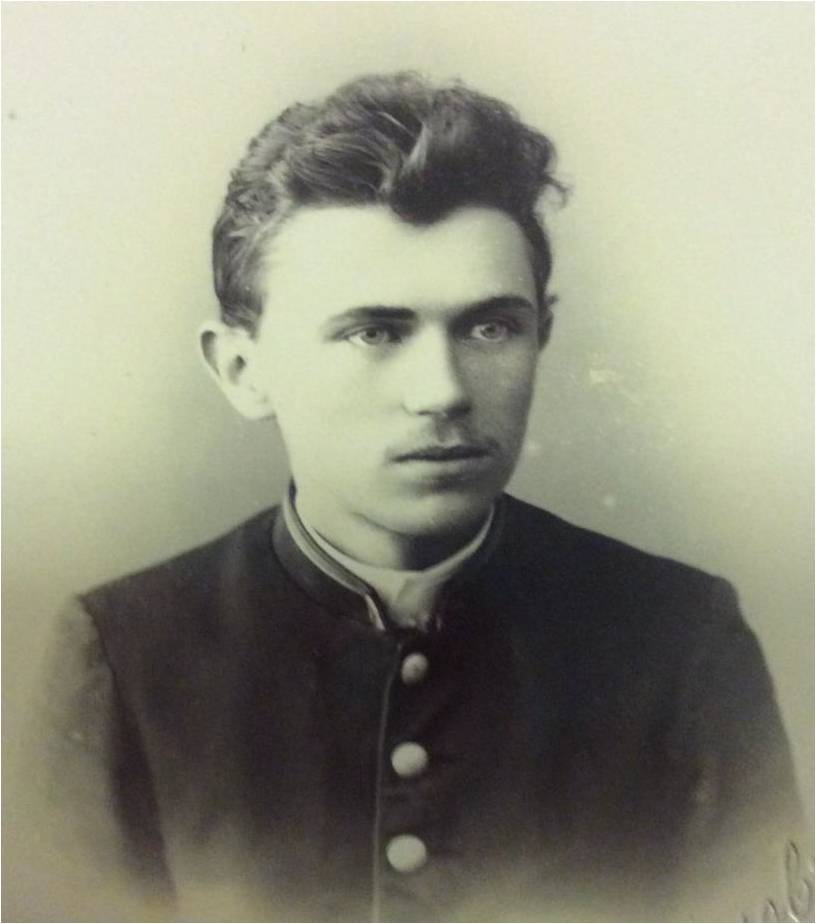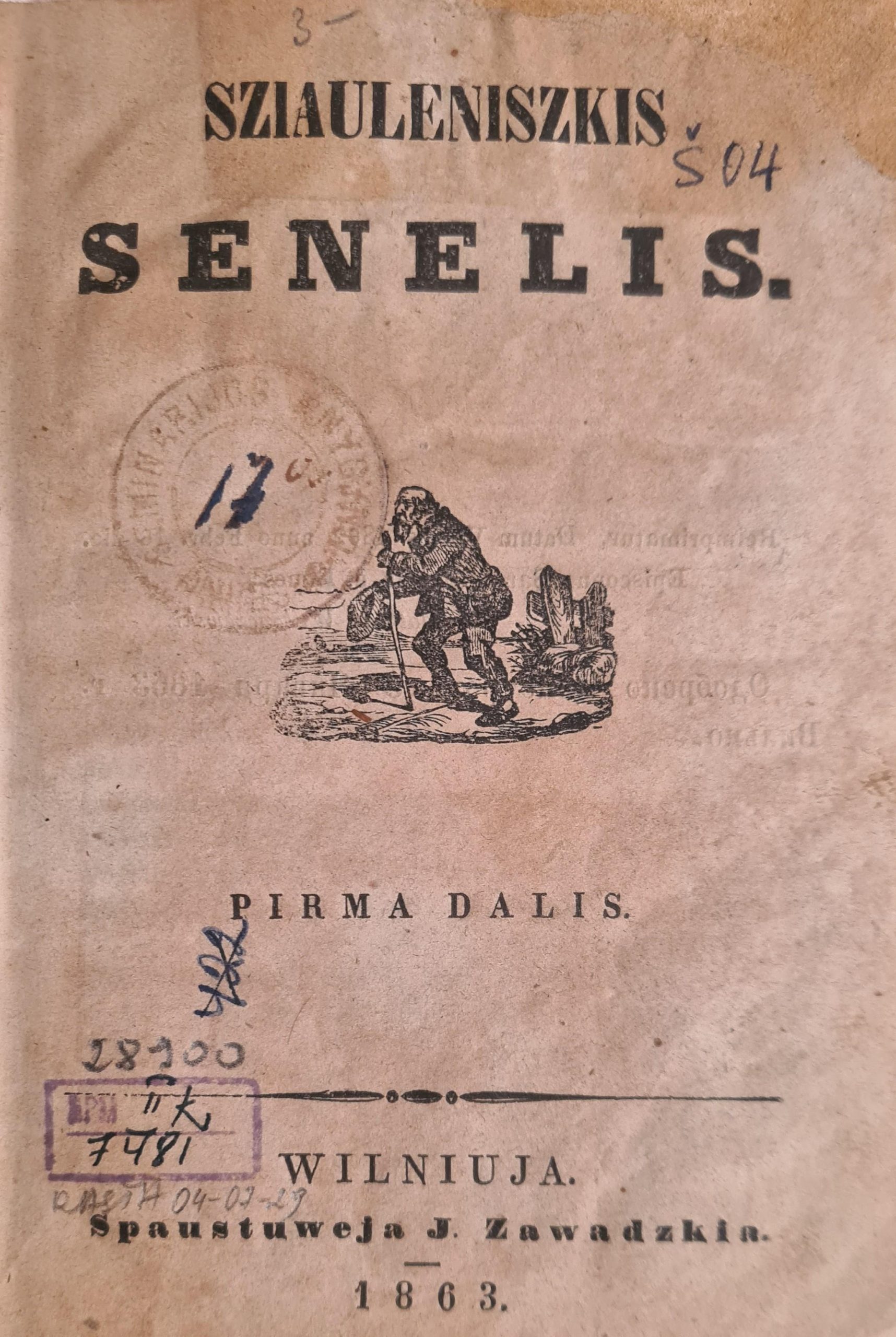This year we commemorate the 150th anniversary of the birth of Oleksandr Fedorovych Muzychenko — a Ukrainian educator, lecturer, teacher, and methodologist.
Oleksandr Fedorovych Muzychenko was born in August 1875 in the village of Stanislav in the Kherson Governorate (now Zaporizhzhia Oblast), into a family of rural schoolteachers.
After attending a local primary school, Muzychenko graduated from the Berdyansk Gymnasium with a gold medal. From 1887 to 1895, he studied first at the St. Petersburg Historical and Philological Institute, and later at the Nizhyn Historical and Philological Institute named after Prince Bezborodko, where he obtained his higher education. In 1900, Oleksandr Fedorovych Muzychenko began teaching literature, history, and logic at a boys’ gymnasium in the city of Odesa.
From 1906 to 1908, he undertook an internship at the University of Jena in Germany, where he deepened his knowledge of the works of German educator Wilhelm Rein (1847–1929) and Johann Friedrich Herbart (1776–1841), a German philosopher, psychologist, and educator. Enriched by his overseas experience and communication with German colleagues, he published several concise yet meaningful works: “Monism and School” (1908), “Report on Specialized Pedagogical Studies During a Foreign Mission” (1909), and “Philosophical-Pedagogical Thought and School Practice in Contemporary Germany” (1909).
Upon returning from Germany, Muzychenko lectured on pedagogy and philosophy at the Nizhyn Historical and Philological Institute and at teacher training courses for secondary school educators. He wrote and published several articles on teaching methodology, as well as textbooks and teaching aids for primary schools, including: “Reading and Word Culture in the Modern School”, “Primer”, “Methodical Advice on Teaching Literacy with the Primer”, and “How to Teach Literacy Using the Primer” (co-authored with Lidiia Platonivna Depolovych, 1869–1943).
In his lessons, Oleksandr Fedorovych Muzychenko sought to consider students’ interests, fostered their thinking, emotions, and willpower, and encouraged cooperation and collective work. He placed special emphasis on developing children’s spontaneous activity, which he believed was best cultivated through dialogue.
At the beginning of the 1930s, a sharp shift in educational policy forced Muzychenko to cease his professional activity. He no longer spoke before teachers or published in the press. Unlike many of his contemporaries, he did not change or renounce his pedagogical views.
Oleksandr Fedorovych Muzychenko passed away in 1940 in Kyiv.
The information was prepared by Vitalina Kuznietsova, Curator of the Collection at the Lithuanian Museum of Education.



